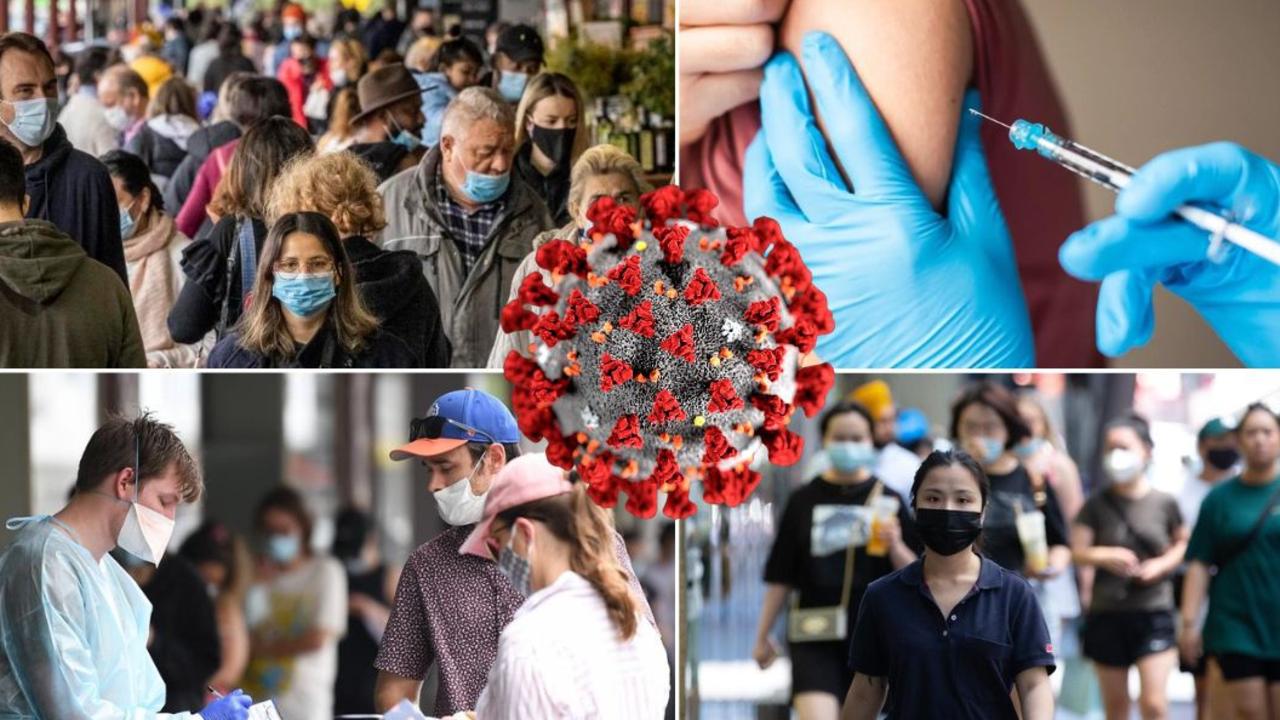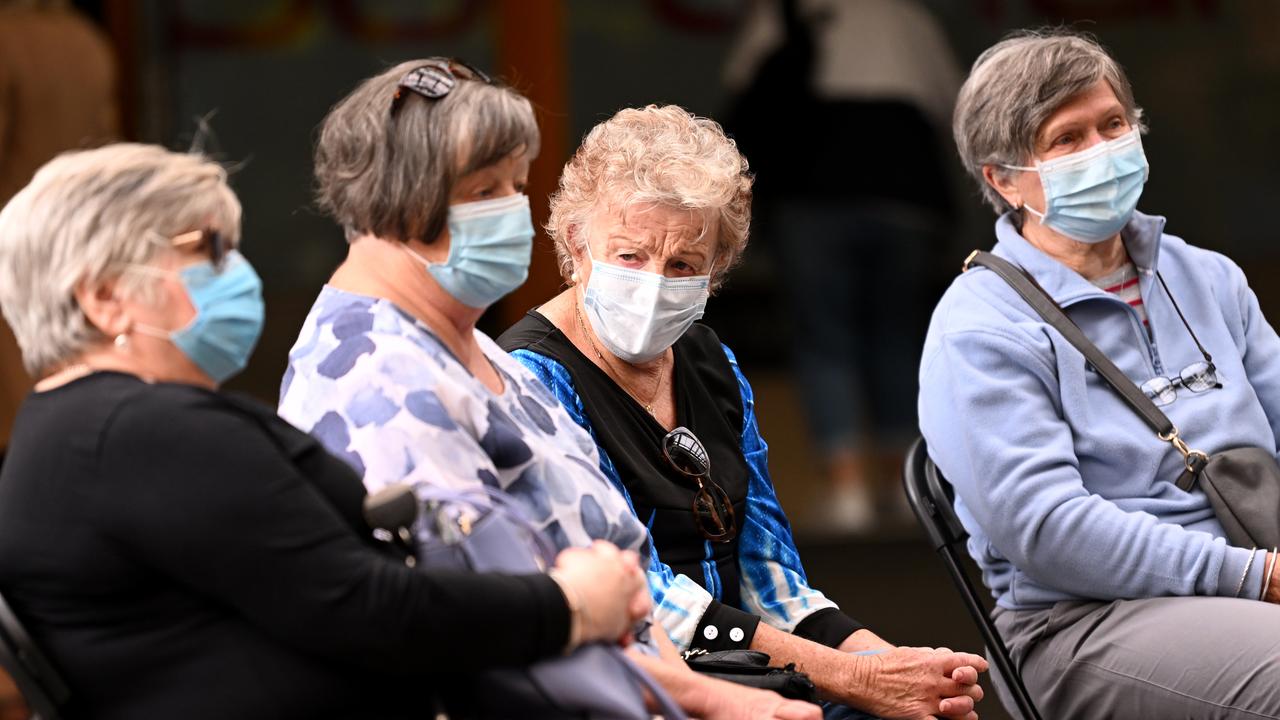What Omicron means for travellers
The sudden rise of the Omicron variant has massive implications for Aussies who are planning to travel. Here’s what you need to know.
Coronavirus
Don't miss out on the headlines from Coronavirus. Followed categories will be added to My News.
The sudden rise of the Omicron variant threatens to kill incipient confidence in the travel industry, with agencies reporting dramatic drops in inquiries.
Australian Federation of Travel Agents (AFTA) CEO Dean Long said there had not been a huge number of cancellations so far, but “(the number of) people who were shopping for travel has just fallen off a cliff”.
“We’re seeing double digit percentage drops, from where we were on Friday to where we are today,” he said on Monday. “That is primarily off the back of people being scared about not being able to get home.”
He advised people who had booked upcoming trips to contact their travel agent, but for people who were not flying this week, the best course of action might be to hold off making changes – “until we get more clarity from state and federal governments about what their plans are,” Mr Long said.
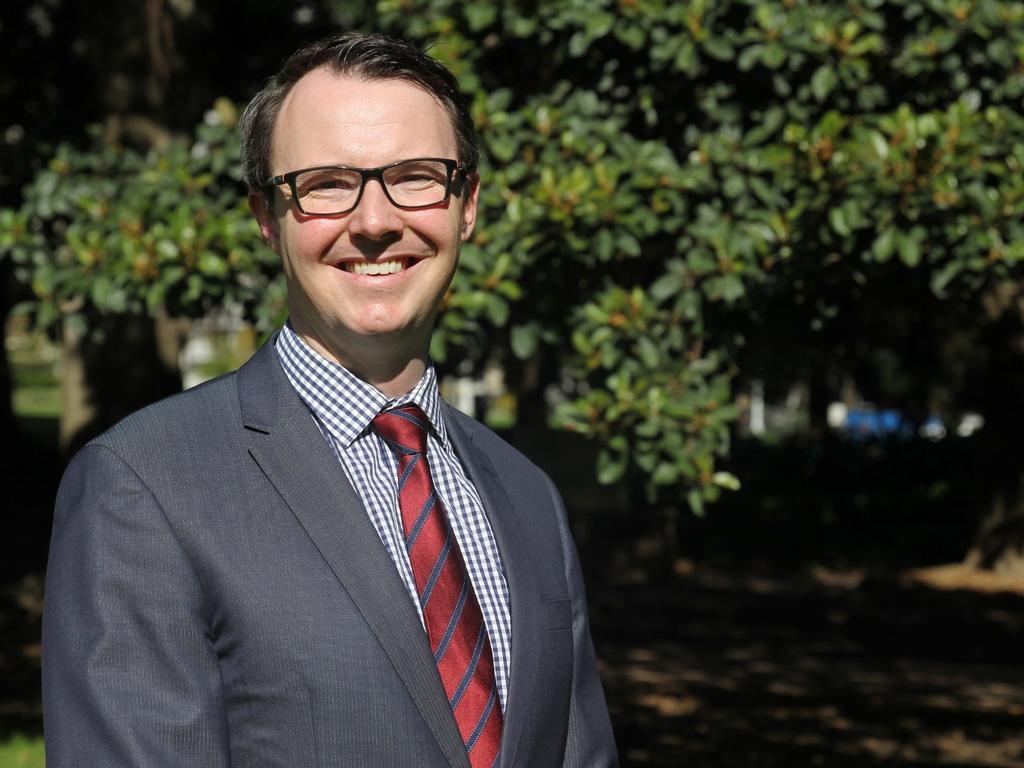
According to AFTA, $8 billion of the $10 billion Australians spent on travel impacted by Covid-19 has now been secured in the form of credits and refunds, but $2 billion remains outstanding.
There are concerns this tally could blow out further if the worst fears about the new variant are realised.
Paul McLennan from Helloworld Travel in Armidale said “confidence will drop through the floor” because of the Omicron variant.
“This is another shock for anyone thinking about going somewhere,” he said.
But the fast-moving nature of the variant also showed why customers were better off using travel agents for their trip planning, rather than booking online, as agents had better access to information, Mr McLennan said.
Qantas had “quite a bit” of information on its website, but other travel sites had very little, he said.
Mr McLeannan said he wondered if these travellers would “get the full story” in terms of requirements for Covid tests, and any quarantine arrangements.
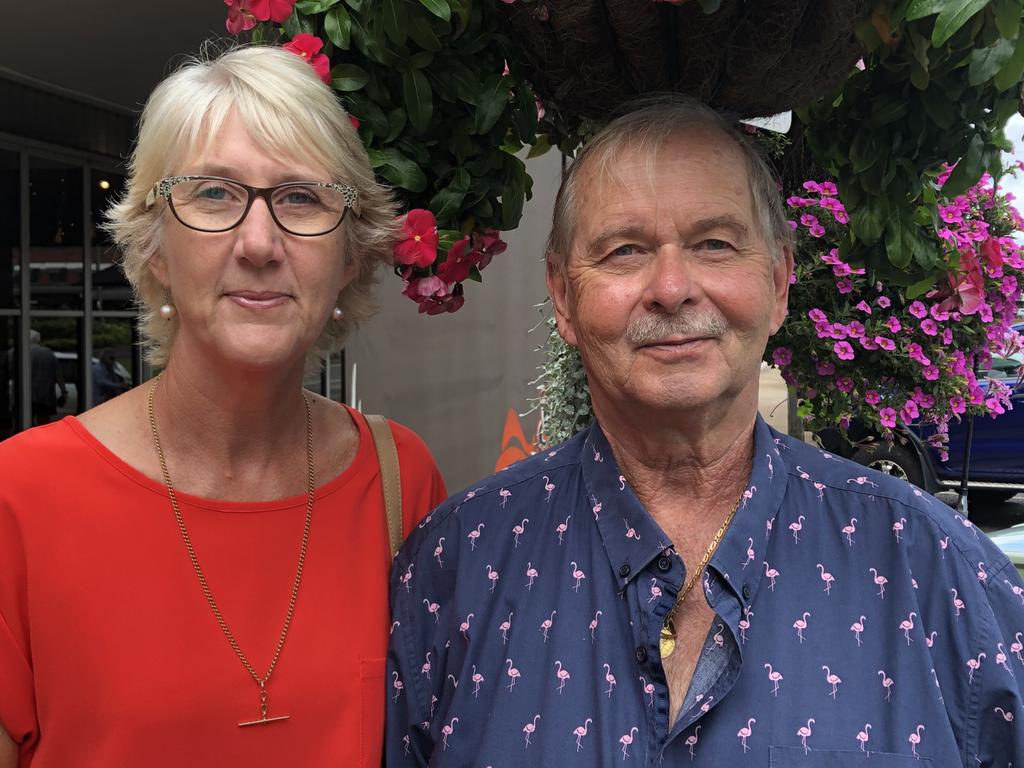
Nobody knows the frustration and financial losses caused by cancelled trips better than Gold Coast resident Quentin Fletcher. With wife Patrice, Mr Fletcher has lost an estimated $30,000 in a succession of holidays cancelled since the start of the pandemic, including trips to London, Bali and South Africa.
One trip with Silver Sea Cruises was repaid in full just two and a half weeks after cancellation, he said, but other travel companies had gone bust, offered impossible terms for credits or kept little fees for themselves. Emirates airlines had kept $750 of a return business class flight to London, and caravan parks had kept “administration fees” for cancelled trips that were equivalent to a night’s accommodation, Mr Fletcher said.
“I’ve lost a lot of money. I’m not prepared to book anything any more,” he said.
Travel agents are also doing it tough. A recent survey of 650 AFTA members found more than half of all current bookings (53 per cent) were made using credits – meaning no fresh income for the business – and the average turnover for agencies was just 21 per cent of 2019 levels.
“Even before this variant was announced and restrictions were put in place, over 40 per cent of the remaining travel agents, and retail agents in particular, were fearful about how they would be going in the middle of next year, without the additional support that the government has been promising in the background for a number of months,” Mr Long said.
“With this variant it’s unfortunately going to make it harder.”
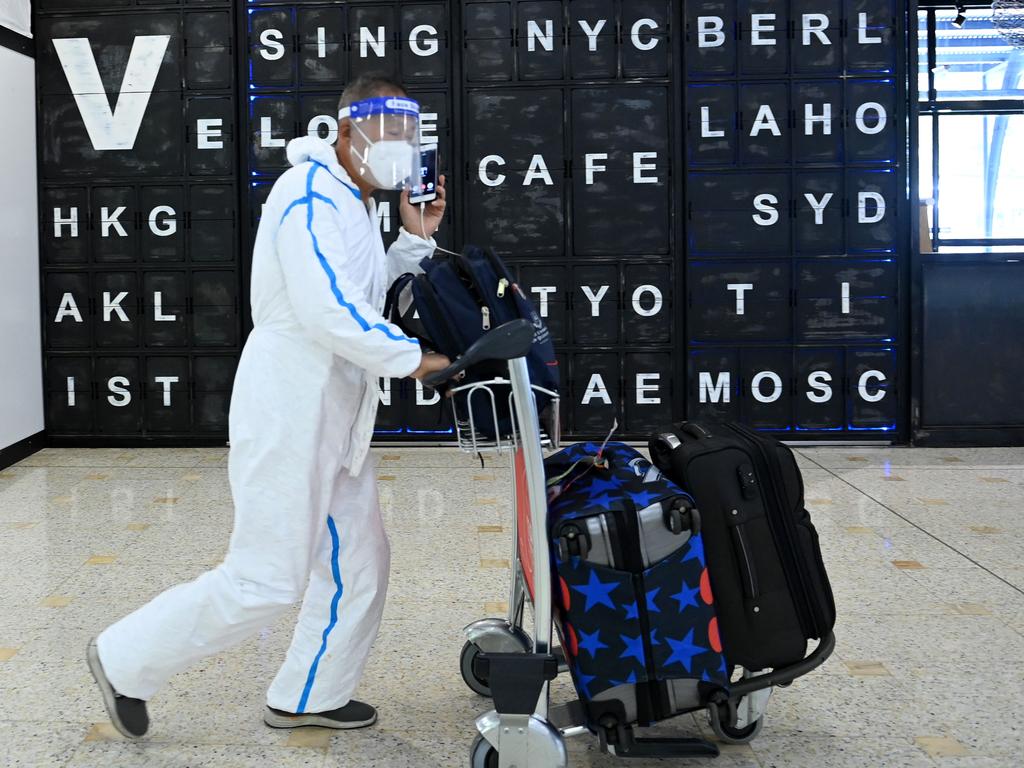
AFTA has asked the federal government for additional support of $130 million to tide agencies over until cashflows improve in the second half of 2022.
“It’s a $130 million spend, for Australian consumers to be able to use $8 billion worth of credit,” Mr Long said.
“I think that’s a pretty good deal and the government has got to deliver on it.”
Trade, Tourism and Investment Minister Dan Tehan said the Morrison Government was supporting travel agents through the $258 million Covid-19 Consumer Travel Support Program, and had provided a total of $20 billion in assistance to the sector to date.“The Morrison Government will, as we have throughout this pandemic, take the expert medical advice to keep Australians safe. More work is being done to assess the Omicron strain but Australia’s high level of vaccinations mean we are in a strong position and the National Plan is our pathway as we come out of this pandemic,” Mr Tehan said.
Originally published as What Omicron means for travellers







